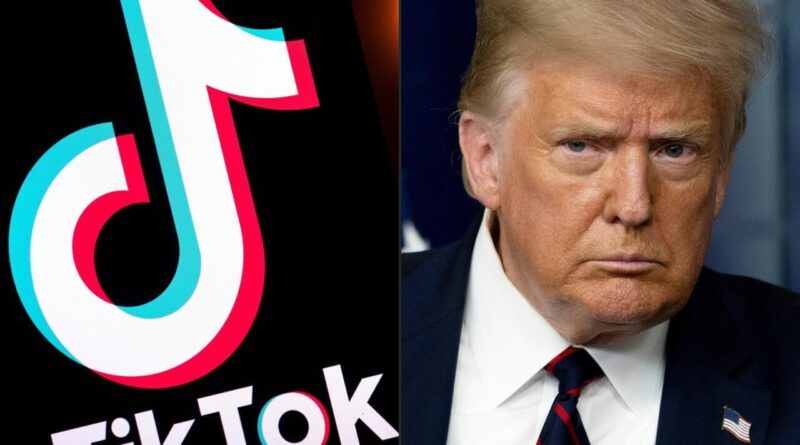TikTok Ban: Trump Demands 50% U.S. Ownership
On the eve of his inauguration, President-elect Donald Trump laid out bold plans for the future of TikTok, the immensely popular short-form video app owned by Chinese tech company ByteDance. Speaking at a rally in Washington, Trump declared that TikTok must be at least 50% owned by U.S. investors if it is to continue operating in the United States. The move comes amidst rising concerns about national security and foreign ownership of digital platforms used by millions of Americans.
“I would allow the app to continue operating in the U.S., but let the United States of America own 50 percent of TikTok,” Trump told his supporters. The president-elect further emphasised the app’s dependency on U.S. approval for its value. “TikTok is worth nothing, zero, without an approval,” he said. “If you do approve, they’re worth like a trillion dollars; they’re worth some crazy number.”
Trump outlined a vision in which TikTok would partner with the United States in what he called a “joint venture.” He elaborated: “I’m approving on behalf of the United States, so they’ll have a partner, the United States, and they’ll have a lot of bidders.”
The app faced significant disruption over the weekend as U.S.-based users were blocked from accessing TikTok for roughly 12 hours on Sunday. This temporary blackout was triggered by a new U.S. law that mandated ByteDance either sell TikTok’s U.S. operations or face an outright ban. The law reflects growing concerns over data privacy and national security risks posed by Chinese ownership of apps with significant American user bases.
Despite the temporary shutdown, TikTok was brought back online after Trump announced that he would issue an executive order reinstating the platform under strict conditions. His decision to allow TikTok’s continued operation hinged on ensuring substantial U.S. involvement and control. This marks a significant shift in the tech landscape, as it signals a willingness to restructure foreign-owned companies operating within U.S. borders.
The battle over TikTok highlights larger issues at play, including the balance between innovation, economic interests, and national security. Critics of TikTok have raised concerns about data collection practices and potential Chinese government influence. For Trump and his administration, ensuring U.S. ownership is a way to mitigate these risks while capitalising on the app’s massive popularity.
See Also: Police Launch Investigation On Ogun Pastor’s Murder
TikTok has become a global phenomenon, boasting over 150 million active users in the United States alone. Its rapid rise has reshaped social media, offering a platform for creativity, entertainment, and commerce. However, its success has also made it a target of scrutiny, particularly in the context of U.S.-China relations.
Trump’s proposal to mandate U.S. ownership of TikTok could set a precedent for other foreign-owned digital platforms operating in the U.S. It reflects a broader trend of governments asserting control over tech companies to protect national interests. For ByteDance, the prospect of losing significant control over its flagship app underscores the challenges of navigating international markets amid political tensions.
If the 50% ownership requirement is implemented, it could lead to major changes in how TikTok operates in the U.S. Analysts predict that such a move would likely involve a consortium of American investors or companies stepping in to acquire a stake in the app. This could bring about new opportunities for collaboration, but it might also complicate the app’s global operations.
As Trump prepares to take office, his approach to TikTok serves as a clear signal of his administration’s priorities: protecting U.S. interests, promoting economic growth, and addressing concerns about foreign influence in the digital age. By pushing for significant U.S. ownership, Trump is not only reshaping the future of TikTok but also setting the stage for a broader redefinition of the relationship between technology and governance. How this unfolds will have lasting implications for the tech industry and U.S.-China relations in the years to come.
Content Credit| Oyedepo Oluwafifedoyinsola Precious
Picture Credit | https://www.france24.com/




